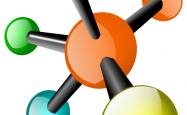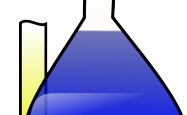This online resource looks into the concept of radioactive decay.
The resource is a lesson that uses M&Ms or Skittles as a model to examine the rate of decay of unstable nuclei.

This online resource looks into the concept of radioactive decay.
The resource is a lesson that uses M&Ms or Skittles as a model to examine the rate of decay of unstable nuclei.

This online resource looks at different allotropes of carbon.
The resource details a lesson to compare the molecular structure of diamonds and graphite.

This article provides an analogy for radioactive decay.
It features snippets from a teacher who discusses how he uses popcorn as a visual analogy for radioactive decay.

This online resource looks at acid-base reactions.
The resource provides a range of activities to do with some key chemical concepts relating to hair care, shampoos and conditioners.

This online resource investigates earthquakes.
The resource details a series of 11 full lesson plans and activities to explore and learn all about earthquakes.

This online resource deals with teaching about radiation safely in schools.
This online resource helps develop a teacher's overall pedagogy.
Supply of porous pots: Does anybody still do the ‘porous pot’ activity? It involves a plaster of Paris pot, with a rubber stopper and glass tube, held upside down.

This online resource investigates energy efficiency and renewable energy.

This online resource is about being energy efficient.